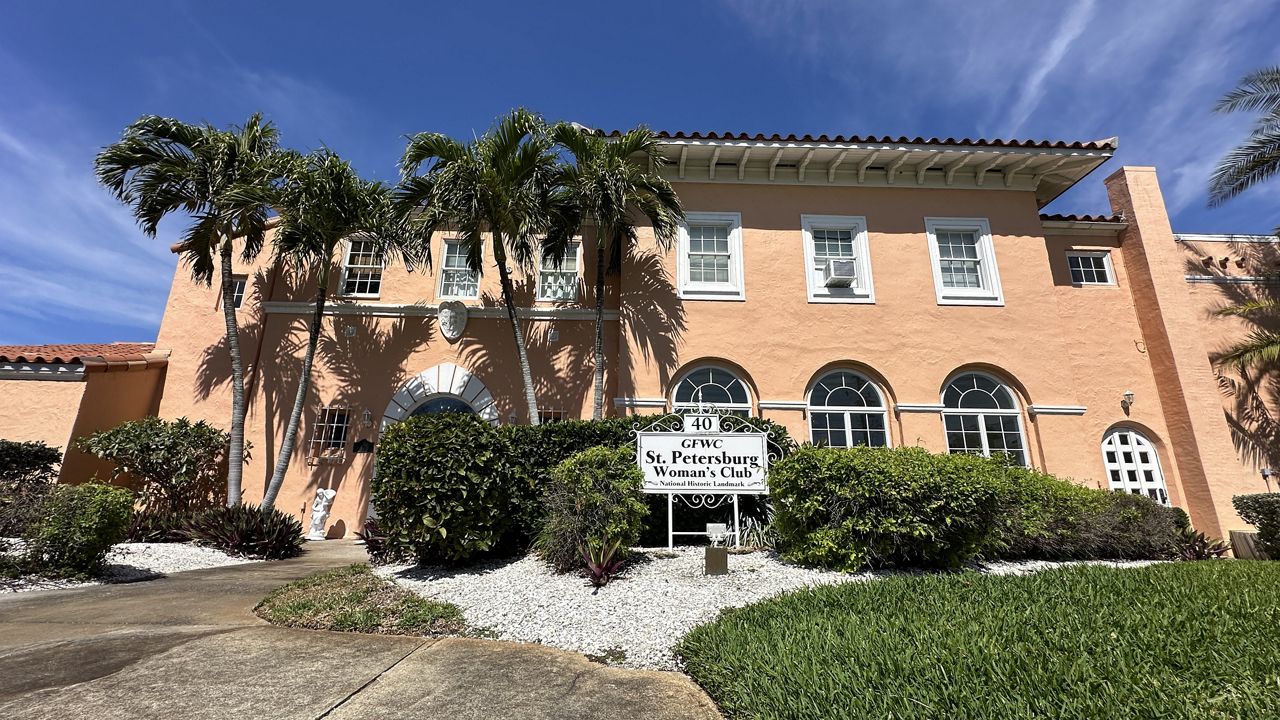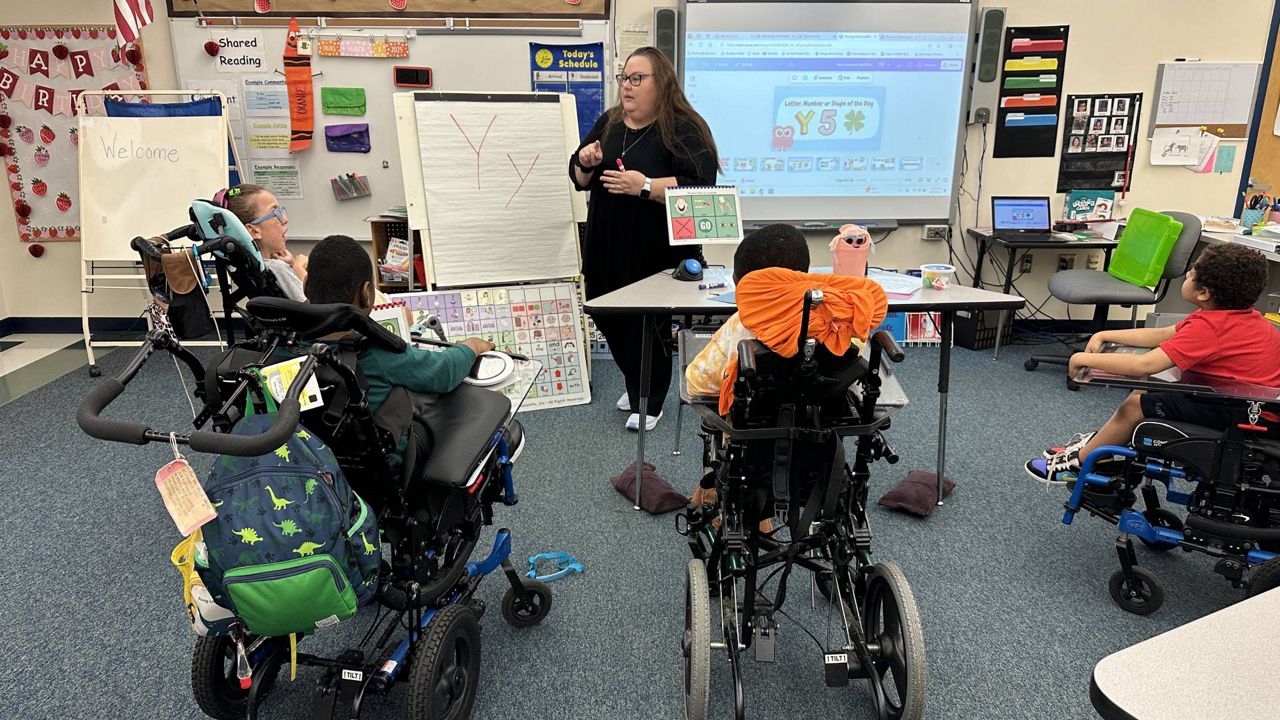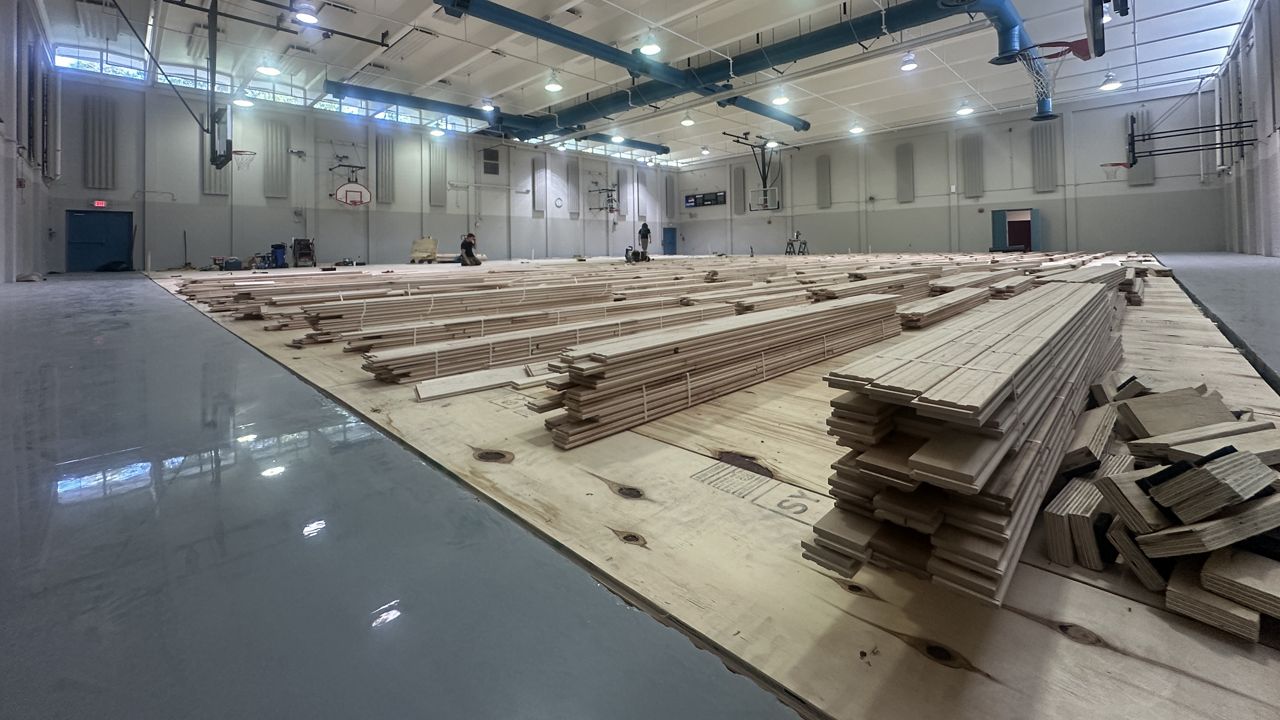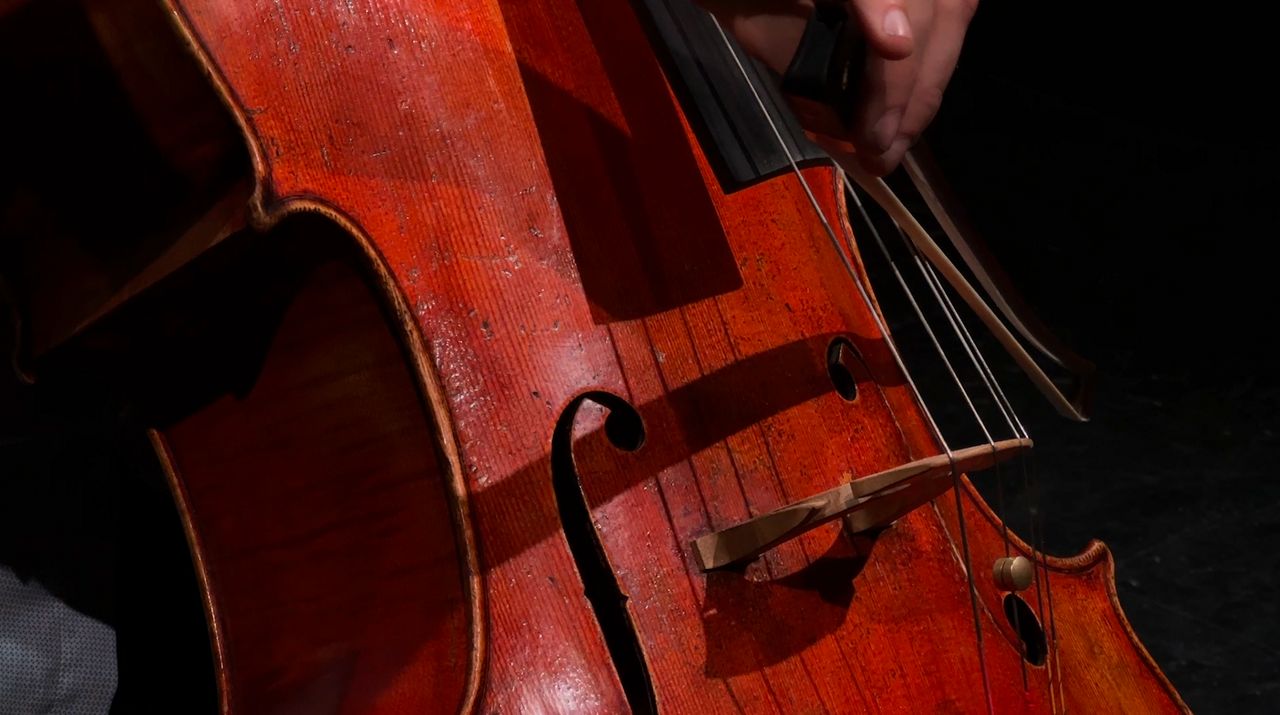ST. PETERSBURG, Fla. — The practice of condominium associations skimping on routine maintenance and neglecting to set aside funds for future repairs to save money for unit owners will soon be a thing of the past.
In the wake of the Surfside collapse, the Florida legislature has introduced a new condominium safety law. This law mandates more rigorous inspections and strengthens the reserves.
“Major legislation changes came down the end of last year and people are kind of just starting to find out about it,” said Corcoran Dwellings Broker Liane Jamason.
To educate realtors, tenants and buyers about the new law, Jamason turned to TikTok.
“It got 55,000 hits,” she said. “So many people commented, ‘thank you, nobody’s talking about this.’”
Jamason has worked as a listing agent for the last 16 years.
“We get a lot of people that come down and they love this lifestyle,” she said.
Jamason predominantly works to help people find single-family homes and condos.
For some, that dream and lifestyles are quickly changing.
Jamason says it’s being affected by property insurance hikes, the affordable housing crisis, inflation, and now, the new condo safety law.
The law requires stricter inspections and shoring up reserve funds for buildings 30 years and older
“It’s not going to be cheap anymore,” said Jamason. “I think it’s a situation where the buildings that have been really good about doing repairs all along don’t have anything to worry about.“
However, she says for condominium associations that haven’t kept up with the necessary repairs, they will transfer the cost to tenants and homeowners through assessments.
Jamason said repairs to some buildings could potentially cost millions of dollars, and she says some of the residents impacted will be seniors.
“It’s going to impact them in a big way, if a lot of them are on fixed incomes,” she said.
She estimates some tenants could pay between $100,000 and $200,000.
“I think it’s going to force some people to sell and we’re seeing a little bit of that already,” she said. “We’re seeing a lot of units go on the market. So when these units go on the market, if someone’s not doing their research, they’re probably going to get into something that they may regret.”
She said sellers could potentially be at a loss, too.
“What happens when supply goes up? Demand goes down and generally, prices go down. So you could see that happen,” she said.
Jamason encourages buyers to read disclosures, any documents and board minutes.
The broker said working with a realtor and attorney who are knowledgeable about the new law is also a plus.
“A lot of people are scared. A lot of people won’t talk about it and I think that’s the wrong move. I think we have to talk about this. We have to let the Florida legislature know that we don’t want another Surfside either, but they rolled this out really fast and it would be great if they gave some extensions and time to get these studies completed,” said Jamason.
She said it’s a balancing act to get condo reserves adequately funded and make sure buildings are safe without bringing financial harm to tenants who live there.
Condos that are 30 years or older must have a structural reserve study completed by the end of December 2024.









